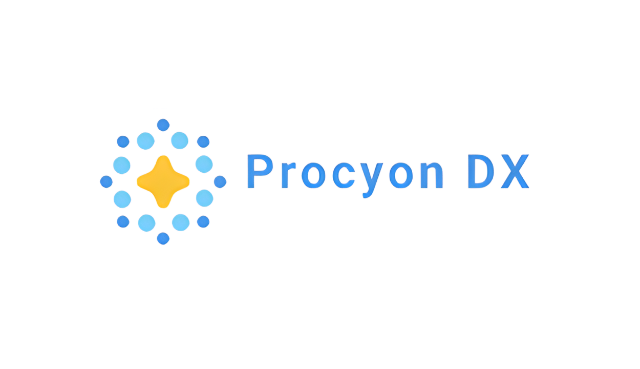Listen to Professor Powles speak on this morning's BBC Today Programme about the new treatment (interview at 6:44am).
The National Institute for Health and Care Excellence (NICE), which assesses the safety and effectiveness of new medicines for use in the NHS, has recommended a that new first-line treatment for adults with advanced bladder cancer should be made available on the NHS. The news offers hope to those living with the disease – life expectancy for people with advanced (also called metastatic) bladder cancer is just one year and the first-line treatment for the disease, chemotherapy, hasn’t changed in 40 years – until today.
The transformative treatment – a combination of two immunotherapy drugs, enfortumab vedotin and pembrolizumab – was originally tested in a clinical trial led by Tom Powles, Professor of Genitourinary Oncology at Queen Mary University of London and the Director of the Barts Cancer Centre at St. Bartholomew's Hospital.
The trial found that people given the treatment lived nearly twice as long compared to those given standard chemotherapy. Results also showed stopped the disease from getting worse.
Around 30% of people on the trial achieved a complete remission following treatment with enfortumab vedotin and pembrolizumab, meaning all detectable signs of the disease had disappeared.
After the breakthrough results were announced, Professor Powles was named in Nature’s list of 10 most influential people and in Time magazine’s 100 most influential people in global health in 2024.
Speaking on the news that the results of this trial have now led to NICE recommending the combination treatment be made available on the NHS, Professor Tom Powles said:
"The approval of enfortumab vedotin with pembrolizumab is a landmark moment in the care of advanced bladder cancer - the first of its kind in 40 years. Our clinical trial results showed unprecedented improvements in survival, and thanks to the contribution of patients and their families to those studies, this treatment is now available on the NHS. It is a real privilege to see research translated into meaningful change for patients across the country."
The new treatment is given as an infusion in a clinic or hospital. Enfortumab vedotin targets a protein called nectin-4 that is abundant on bladder cancer cells. The partner drug, pembrolizumab, helps the immune system recognise and attack cancer cells.
The new treatment will be recommended for adults with untreated metastastic urothelial cancer that can’t be removed by surgery, but who are eligible for platinum-containing chemotherapy.



